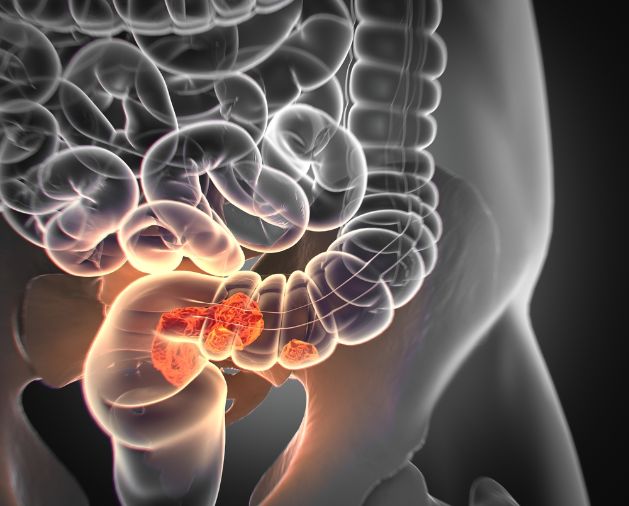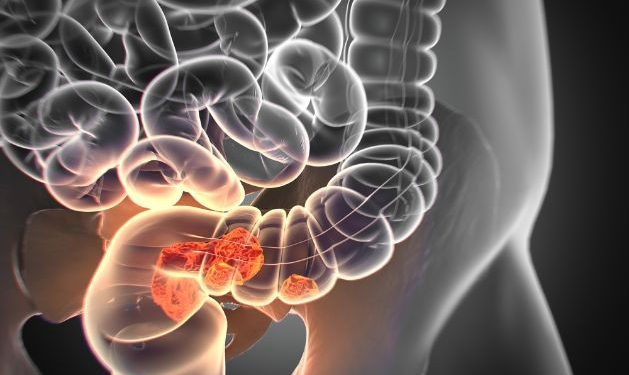Rectal cancer is a disease that occurs when cancerous cells grow in the tissue of the rectum, the last section of the large intestine. When a rectal cancer is detected early, treatment is possible. Symptoms include changes in bowel habits, blood in the stool and pelvic pain.
Rectum cancer is rare, but it does occur. It is most common in people over 50, although it can affect anyone. Several risk factors can increase your chances of developing it.
Diet, exercise and race or ethnicity may also play a role in your chance of getting it. A diet high in fat, particularly from animal sources, and a sedentary lifestyle can increase your risk. In addition, a family history of polyps or rectal, breast or ovarian cancer can increase your chances of getting it.
Your age and genetics are also important. In a small number of families, a gene mutation raises your risk for rectal cancer. If you have a family history of rectal cancer, your doctor will probably recommend regular screenings.
Surgery is the best treatment option when the cancer has not spread (metastasized) to other parts of the body. If it has spread, it will likely need a combination of chemotherapy and radiation therapy to control its growth. Your oncologist will discuss the options with you, and you can choose the one that is right for you.

Chemotherapy can shrink tumors and kill cancer cells. It can also help your immune system fight cancer cells. It is typically given in a series of treatments, usually for about 6 months before surgery. It is also often given after surgery to prevent recurrence and reduce your chances of relapse.
Radiation therapy can also shrink and kill cancer cells. It can be given before or after surgery and is also used to treat people with recurrent rectal cancer or those with a new form of rectal cancer that cannot be removed with surgery.
Targeted therapy is a type of drug that targets parts of the DNA in cancer cells. It may be effective for a small number of people with metastatic rectal cancer.
Immunotherapy is another type of drug that can boost your immune system to fight cancer cells. It is not as effective as chemotherapy or radiation therapy, but it is sometimes used in patients with recurrent rectal cancer.
There are also drugs that can stop cancer from growing by targeting proteins on the surface of the cells. They can be used in combination with chemotherapy, targeted therapy or immunotherapy to try to slow or stop the growth of cancer cells.
Surgery: Resection – Local Excision and Resection – Regional Resection
A surgeon will remove the portion of the rectum that has cancer, as well as any surrounding healthy tissue. They may also remove lymph nodes near the rectum to check for any cancerous cells.
Surgical procedures to treat rectal cancer vary widely by hospital, but nearly all use either chemotherapy or radiation therapy in conjunction with surgery. This is called total neoadjuvant therapy or TNT.









